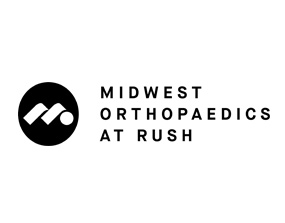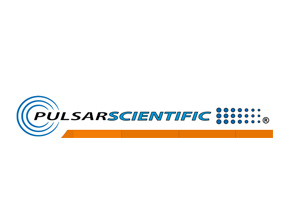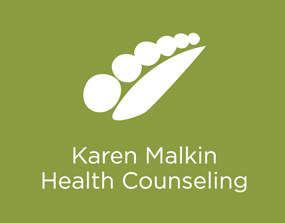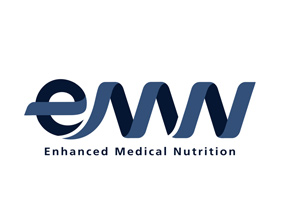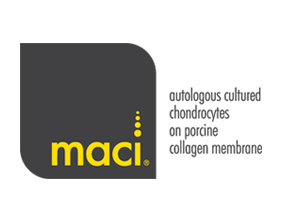Have you recently suffered from a stroke? If so, you know firsthand how many difficulties can develop as a result of this attack, especially physical ones. Every year in the United States, there are more than 795,000 stroke patients. Around the world, 1 in 4 adults age 25 and above experience a stroke in their lifetime.
Whether your stroke is due to a blood vessel bursting (hemorrhagic stroke) or a blocked artery (ischemic stroke), the general goal after a stroke attack is remain active and healthy. Here are a few tips for regaining your health and lifestyle:
Don’t Forget to Take Your Meds
You may need to take anti-clotting medications, such as warfarin or aspirin, for your symptoms. There’s also a possibility that you need to take drugs to control your heart rhythm or rate. All of these would depend on your underlying symptoms and what stage you are in your recovery. Just be sure to follow your doctor’s orders.
You must have sufficient vitamins in your body. Since you’re recovering, vitamins and minerals, by their very purpose, can help boost your immune system, support growth, and development, and give your cells and organs the push they need to do their job. All of these are essential for recovering stroke patients.
However, before you take any medication and vitamins, ensure that they are recommended and prescribed by your physician. Be sure to ask your physician what vitamins he recommends.
All these medications and vitamins can be expensive, especially when taking them for a long time. In addition to medical bills, rooms, therapy sessions, and medications, you may see yourself drowning in payments and debt. Consider finding sources where you can cut back on costs, like emergency insurance and a discount app for your medication. You may also opt to do stay-at-home therapy sessions if your physician approves.
Focus On Good Nutrition
After a stroke, your body works to recover, so it’s important to focus on proper nutrition to boost your recovery. Some of the best foods for stroke recovery are nuts, vegetables, whole grains, and other whole foods. Ensure that you limit your sugar intake and saturated fat. Too much saturated fat can increase the level of LDL cholesterol in your blood. When you have a high level of LDL cholesterol in your blood, it increases your risk for heart disease and stroke.
As mentioned above, vitamins are a must for recovering stroke patients. You can take them in capsule form or get nutrients from food. Either way, ensure that your diet is rich in vitamins for your recovery. You can eat fruits and vegetables rich in vitamins, like oranges, red and green peppers, strawberries, green leafy vegetables, and many more.
Avoid “Learned Non-use”
If you’ve already started your stroke recovery, you may have heard the phrase, “use it or lose it.” This phrase describes the condition of “learned non-use,” which occurs when the patient completely stops using their affected limb(s) due to the stroke incident. Since it’s hard for patients to use their affected limbs, they often give up and do not use them. As a result, the brain forgets how to use it as well.
The brain likes to be efficient. For example, when stroke patients don’t use their affected arm or leg, the brain would register it and presume that the arm or leg movement isn’t important for bodily functions. The brain’s goal is to become efficient as possible, so it would deprioritize arm or leg movement that isn’t used. And, if the patient doesn’t use it entirely and neglects it, it would lead to learned non-use.
As a result, all movement is essential during a patient’s recovery. Try to do passive movements if you struggle with post-stroke paralysis. It’s where you would assist your limbs through a movement. It can help stimulate the brain and prevent this condition from occurring.
Final Thoughts
After a stroke, it’s hard to move around and retain your former physique and fitness level. Generally, the stroke recovery plateau occurs around the three-month mark. A patient’s recovery tends to slow down during this period; however, it won’t stop as long as you don’t stop participating in rehabilitation. Work with your body to regain your old self again; it will take time but don’t lose hope.
The brain requires constant stimulation to rewire itself. Thus, avoid getting stuck in bed or your mind with negative thoughts and actions. It will help if you find a suitable therapy regimen, whether you’re still at the hospital or home. Ensure that you stick with it since ongoing rehabilitation is key to living healthy and active.
Click here for full podcast playlist.
